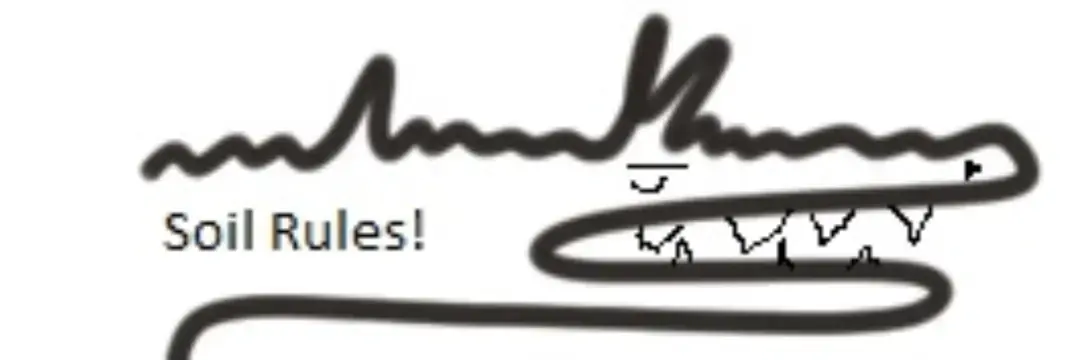Track_Shovel

- 868 Posts
- 1.9K Comments
I remember the birthday cake ones being amazing
Fuck. I played so much with both of those things.
I thought they discontinued dunkaroos, but then my wife came home with a box of them for my kids.
I tried one (disgusting); I remember them being a lot better.
True, but tires are way, way worse.

 55·9 hours ago
55·9 hours agoIts like someone turned an 8 year old loose with a couple of black garbage bags and a hot glue gun
You’re right (I didn’t make the meme); mercury chloride was a historical multipurpose medicine.
Your comment is amazing, as an aside.
Im a geriatric millennial
Don’t worry, I’m storing my emotions deep underground. It’s entirely efficient, and there is no way they will bubble to the surface.
Then I get to tell everyone how great I’m doing and managing my unstable mental health, and the government will pay me because I’m no longer a burden on society.

 6·11 hours ago
6·11 hours ago

 2·19 hours ago
2·19 hours agoYes, we’re talking about different things, it seems (also thanks for being civil in your reply). My apologies - your definition seems better than what my understanding was.
only if you barge in on them changing, like any good married man does

 1·20 hours ago
1·20 hours agoI explain my rationale in a response to the guy that I responded to. I realize it’s a thin distinction, but I think it’s an important one.

 21·20 hours ago
21·20 hours agoI don’t like the idea of having to vote multiple times, but it’s better than ranked choice, as with ranked you can get a person in that the majority of people didn’t vote for. If you have multiple rounds of just one vote cast, at least you’re picking the person you want each time, rather than 'i guess this person is better than person X, but i really don’t want him in.
As I alluded to, this is what happened in Alberta politics - we had 3 candidates for conservative leadership: two were very polar, and one guy was in the middle, and thus the guy in the middle won, but no one really wanted him to win. Conversely, if they had just voted regularly, the guy that won would have been kicked out since voting for him wasn’t an option. Then you could run the thing again, and get a better split between the polar candidates.

 13·21 hours ago
13·21 hours agoThen you end up with Ed Stelmach as leader.
Runoff elections seem the best from my view point

 3·21 hours ago
3·21 hours agoThe Department for Health and Social Care (DHSC), which was responsible for purchasing and delivering Covid PPE, said it was unable to provide a statement due to the pre-election period
Cowards.
Hindsight is 20/20 and they couldn’t have known how long the pandemic was going to last, but yeesh what a waste.

 8·22 hours ago
8·22 hours agoNo way these are bots…
If you’re expecting me to ‘fact check’ my memes, you can fly a kite.

 20·1 day ago
20·1 day agoPlease step into my secure toilet to see the nation’s secrets.
I still can’t believe that fucking happened and people just go on ignoring it



I’m? Being insulted by a bot?